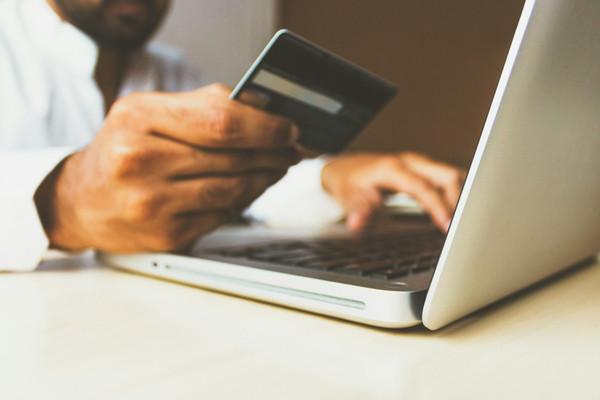Explore the World's Best Ideas
Join today and uncover 100+ curated journeys from 50+ topics. Unlock access to our mobile app with extensive features.
Key Points For Building Credit
Your credit score is calculated using a mix of data, including your payment history, how much credit you have and length of credit history.
Here's the golden rule: Only charge what you can afford to pay every month in full.
Keeping your balances low will help boost your credit score. Aim to keep your debt utilization — which is amount of available credit you actually use — as low as possible.
There's no need to have a wallet full of credit cards, but having one or two that you use responsibly will help your score.
30
338 reads
1. Know your credit risks
You can check your credit report for free once a year from each of the three main credit reporting agencies, TransUnion, Equifax and Experian. But your score won't be included on these free reports — you'll usually have to pay to see it.
If you do purchase your score, it usually comes with a list of risk factors, explained Rod Griffin, director of public education for Experian. This will give you a good starting point on what areas you need to improve.
"There are as many as 300 different risk factors in a credit score," he said.
26
63 reads
2. Pay your bills on time, all the time
Your payment history is the biggest factor in determining your credit score. Lenders don't want to give money to someone who has a history of missed payments.
Paying a bill more than 30 days late can drag down your score. "One single missed payment can drop your score anywhere from 100 to 300 points," said McClary.
If you went through a period of time where money was tight and you were late with some payments, it's time to right the ship. Curb your spending and start a track record of paying your bills on time.
Here's the golden rule: Only charge what you can afford to pay every month in full.
27
58 reads
3. Manage the debt you have
Keeping your balances low will help boost your credit score. Aim to keep your debt utilization — which is amount of available credit you actually use — as low as possible.
"You never want the balance to be more than 30% of the credit limit — that is, any one card or in total," said Griffin.
If you are carrying a balance on any of your credit cards, create a plan to get them paid off as soon as possible.
26
57 reads
4. Open a credit card if you don‘t have one
There's no need to have a wallet full of credit cards, but having one or two that you use responsibly will help your score.
"You should apply for credit when you need it and know how you are going to repay it," said Griffin.
But if you don't have a credit card, he recommended opening an account and making a small purchase each month and paying it off. "Credit cards have a little more weight than installment loans because you decide how much to charge and pay," he explained.
25
54 reads
5. Be patient
Good credit scores don't just happen overnight.
For instance, the positive effects of opening and making on-time payments on a credit card could take a few months to show in on your score, according to Griffin.
Correction: An earlier version of this story stated that paying a bill a few days late could hurt your credit score. A payment would usually need to be more than 30 days late before being reported to the credit bureaus.
25
61 reads
IDEAS CURATED BY
Gian Carlo's ideas are part of this journey:
Learn more about moneyandinvestments with this collection
Understanding the basics of cryptocurrency
How to store cryptocurrency securely
Risks and benefits of investing in cryptocurrency
Related collections
Similar ideas
6 ideas
What Is a Credit Score?
money.com
6 ideas
Rewards, Debts and Interest: A Complete Guide to Credit Card Management
informationprime.wordpress.com
8 ideas
Lessons about Business credit management
vocal.media
Read & Learn
20x Faster
without
deepstash
with
deepstash
with
deepstash
Personalized microlearning
—
100+ Learning Journeys
—
Access to 200,000+ ideas
—
Access to the mobile app
—
Unlimited idea saving
—
—
Unlimited history
—
—
Unlimited listening to ideas
—
—
Downloading & offline access
—
—
Supercharge your mind with one idea per day
Enter your email and spend 1 minute every day to learn something new.
I agree to receive email updates
